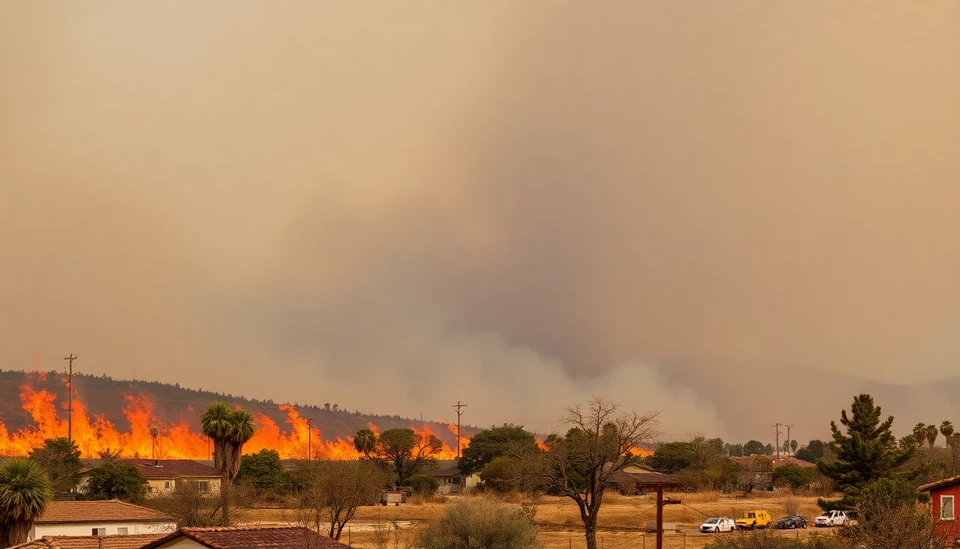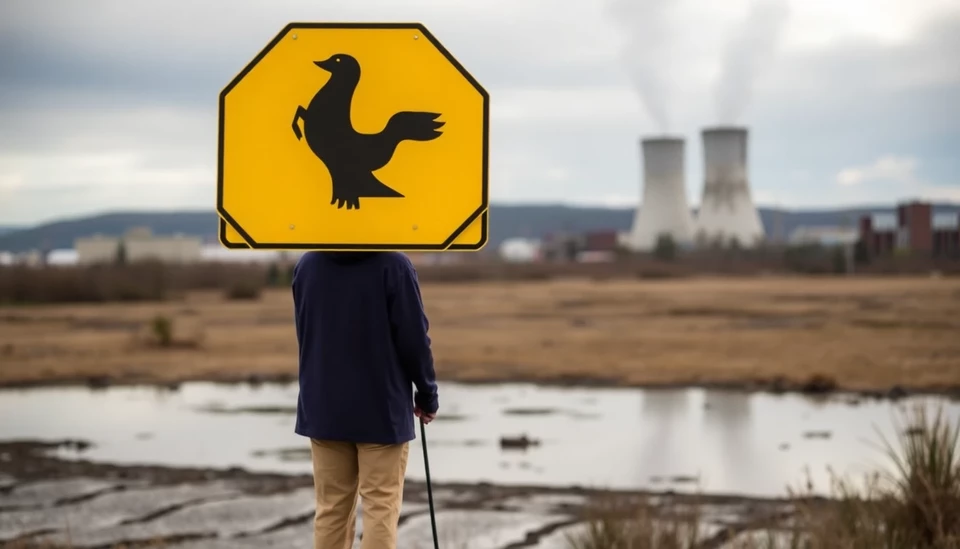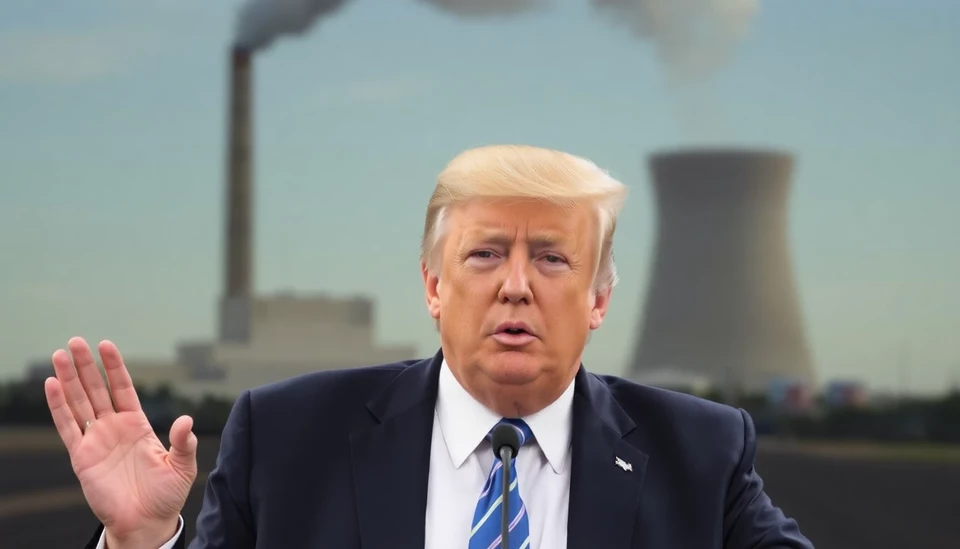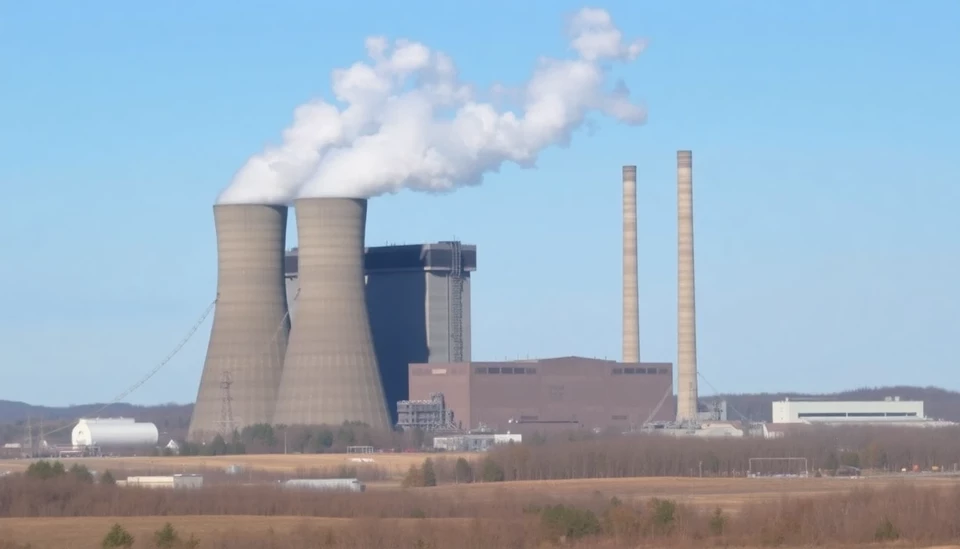
Recent reports indicate that the levels of air pollution in the United States have escalated significantly, revealing the profound impact of wildfires and extreme heat conditions across the nation. These environmental phenomena, exacerbated by climate change, have contributed to a deteriorating air quality situation that poses serious health risks to millions of Americans.
This alarming trend has been most evident this spring, when an unprecedented number of wildfires have ignited across various regions, particularly in the western states. As drought conditions become increasingly severe, the occurrence and intensity of these wildfires are expected to rise, leading to an upsurge in particulate matter and other harmful pollutants in the air.
The smoke from these wildfires, laden with hazardous particles, can exacerbate respiratory conditions such as asthma and chronic obstructive pulmonary disease (COPD), in addition to increasing the risk of heart attacks and strokes. Vulnerable populations, including children, the elderly, and those with pre-existing health conditions, are experiencing heightened exposure and risk due to the declining air quality.
Experts warn that the correlation between climate change, which amplifies temperatures and creates drier conditions conducive to wildfires, and air pollution is stark. As climate models predict increasingly extreme weather patterns, authorities are urging the public to take heed of air quality alerts and engage in preventive health measures. This includes limiting outdoor activity during high pollution days and utilizing air filters inside homes.
Moreover, environmental agencies are on high alert as the ongoing cycle of heatwaves and wildfires is not just a seasonal concern but rather indicative of a longer-term crisis. Officials emphasize the urgent need for comprehensive policy measures to address climate change and improve air quality standards. Enhanced regulations for emissions from industries and transportation are being recommended as vital steps to mitigate the damage.
As air quality continues to deteriorate, many communities across the nation are mobilizing to address these challenges through local initiatives and awareness campaigns. However, critics argue that without strong federal interventions and investments in clean energy solutions, these efforts may not be enough to combat the multifaceted impacts of climate change and air pollution.
The worsening air conditions serve as a wake-up call for both policymakers and the general public, emphasizing the importance of taking decisive action to protect public health and the environment. The growing body of evidence linking climate change to increased air pollution reinforces the crucial role that sustainable practices and greener technologies play in safeguarding the population's health for generations to come.
As we move forward, the dialogue surrounding these critical issues must continue, highlighting the urgent need for collaborative efforts to combat climate impacts and protect the air we breathe. The health of our communities and the planet depend on it.
#AirQuality #Wildfires #ClimateChange #PublicHealth #ExtremeWeather #CleanAir #Sustainability
Author: Megan Clarke




